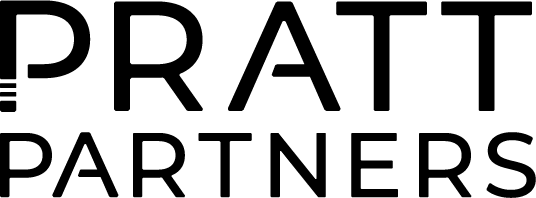How to claim tax deductible expenses as an individual
If you are incurring expenses as part of your job or self-employment, you can claim some of these expenses back and lower your overall income tax bill.
Did you know that you claim expenses against some of your work and personal expenses?
Let’s look at what expenses you can claim and the process for reducing your taxable income.
What’s your taxable income?
You only pay tax on what’s known as your ‘taxable income’. By making an eligible claim for expenses, you can reduce the total of this taxable income. In short, this means you will pay less in tax – with the tax deductible items deducted from your total taxable income.
Work-related expenses you can claim
If you are incurring expenses as part of your job or self-employment, you can claim some of these expenses back and lower your overall income tax bill.
To claim a deduction for a work-related expense:
You must spend the money yourself and not get a reimbursement
The expense must directly relate to earning your income
You must have a record to prove it (usually a receipt)
Costs that you may be able to claim against include:
Cars, transport and travel expenses
Tools, computers and items you use for work
Clothes and items you wear for work
Working from home expenses
Education, training and seminar expenses
Memberships, accreditations, fees and commissions
Some meals while working overtime
Medical and health expenses
Not all tax deductible expenses relate to your employment. There are other areas where you may be able to reduce your taxable income.
These include:
Gifts and donations
Expenses related to earning income from investments
Personal super contributions
Income protection insurance
The cost of managing your tax affairs.
How to make a claim for expenses
Keeping records is a vital part of making a claim for expenses. The ATO will need to see receipts and records that show you incurred the expense.
Keeping Records
To claim a deduction, you must keep appropriate records that show how and when the expense was incurred. The Australian Taxation Office requires written evidence such as receipts, invoices, or bank statements that include:
The name of the supplier or business
The amount of the expense
A description of the goods or services
The date the expense was incurred
The date the document was issued
Records must be kept in English (or translated into English), and in most cases, must be retained for at least five years from the date you lodge your tax return. If your claim relates to capital gains, depreciating assets, or amended assessments, you may need to keep the records for a longer period.
Additional documentation is required for certain claims:
Motor vehicle expenses: A 12-week logbook and odometer readings are required if using the logbook method
Home office claims: A diary or usage log may be required to show work-related use of the space or equipment
Talk to us about about making a claim for expenses. Claiming the expenses you are due can make a big difference to your tax bill.
Talk to our team about setting up the right record-keeping processes and claiming the tax deductible expenses that you’re eligible for, both in and out of work.
BE THE FIRST TO KNOW
Subscribe to receive future reports.
Complete the form below to receive timely and insightful information directly to your inbox. Make sure you never miss an update.

